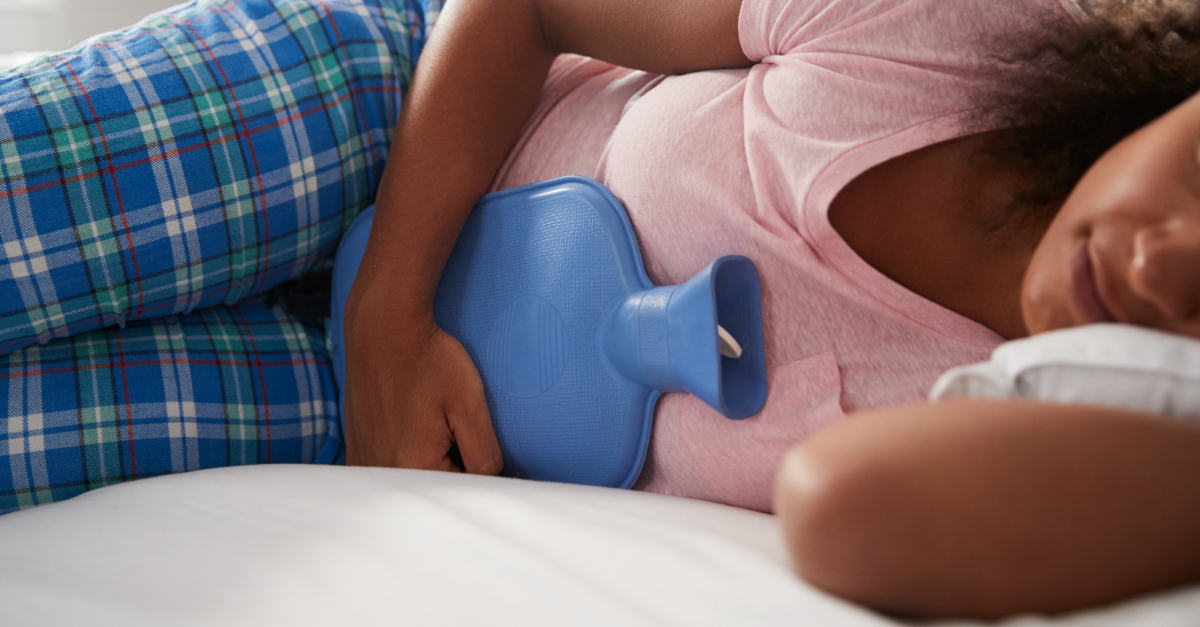Your Guide to Healthy Menstrual Hygiene Habits
Getting your period can understandably add extra hassle to your life. Between cramps, mood swings, and managing blood flow, it’s not exactly a highlight of the month. But while it may not be the most pleasant experience, practicing healthy menstrual hygiene can make it more manageable and help you feel more in control of your cycle.
Whether you’ve just started menstruating, you’re supporting someone who has, or you simply want to refresh your own self-care routine, here are some tips for menstrual hygiene habits to support comfort, health, and confidence.
What Is Good Menstrual Hygiene?
Most of our basic hygiene habits are mastered at a young age, from brushing teeth to showering and washing hands. But your period can introduce new challenges that require a little extra attention. While the blood flow is a completely natural part of your cycle, practicing good menstrual hygiene includes addressing the less favorable effects that come with it by controlling odors, reducing your risk of infection, and keeping you comfortable.
What’s Included in Menstrual Hygiene?
Choosing Menstrual Products and Using Them Safely
There are several options for collecting blood when you have your period. Some of the most common include:
- Sanitary pads
- Tampons
- Menstrual cups
- Menstrual discs
- Period underwear
You might find that you prefer the simplicity of sticking to one product, or you may be drawn to the flexibility of having options for different circumstances. For example, tampons or menstrual cups might be ideal for heavy days or if you want to get in the water, while period underwear might be more comfortable at the start or end of your cycle, when flow tends to be lighter.
No matter which products you choose, here are some hygiene tips to bear in mind.
Change disposable products regularly. Sanitary pads and tampons need to be changed every four to six hours. Never use a tampon for more than eight hours—this increases the risk of toxic shock syndrome (TSS), a rare but serious and potentially fatal infection.
Sanitize reusable products properly. Most period underwear is machine washable, but check the label for specific care instructions. Menstrual cups should also be cleaned after each use and may need to be boiled at the end of your cycle, depending on the manufacturer’s guidelines.
Caring for Your Body During Your Period
- Wear breathable underwear. A lightweight material like cotton will reduce moisture and heat buildup, minimizing your risk of irritation or infection. Skip synthetic fabrics like polyester while you’re on your period—they’ll be less comfortable and could harbor bacteria.
- Gently clean your vulva. The vagina is a self-cleaning organ, so there’s no need for internal cleansing (whether you’re on your period or not). In fact, doing so can disrupt your vagina’s natural pH balance, potentially leading to infections like bacterial vaginosis. Instead, focus on washing your vulva, labia, and pubic area with warm water and mild, unscented soap. Always wipe front to back after using the bathroom to prevent the spread of bacteria.
- Skip scented products. While scented pads or tampons might seem like a good way to control odor, they can irritate sensitive skin and disrupt your vaginal health. Practicing consistent hygiene is usually all you’ll need to feel fresh.
Experiencing an Irregular Cycle? Schedule an Appointment With Avant Gynecology
A final but important component of menstrual hygiene is to visit your gynecologist if anything seems off. From irregular cycles to unfamiliar symptoms, the providers at Avant Gynecology have seen it all—and we’re here to help with your women’s healthcare needs. Schedule an appointment by calling our office at (404) 352-2850, or send us a message online.



